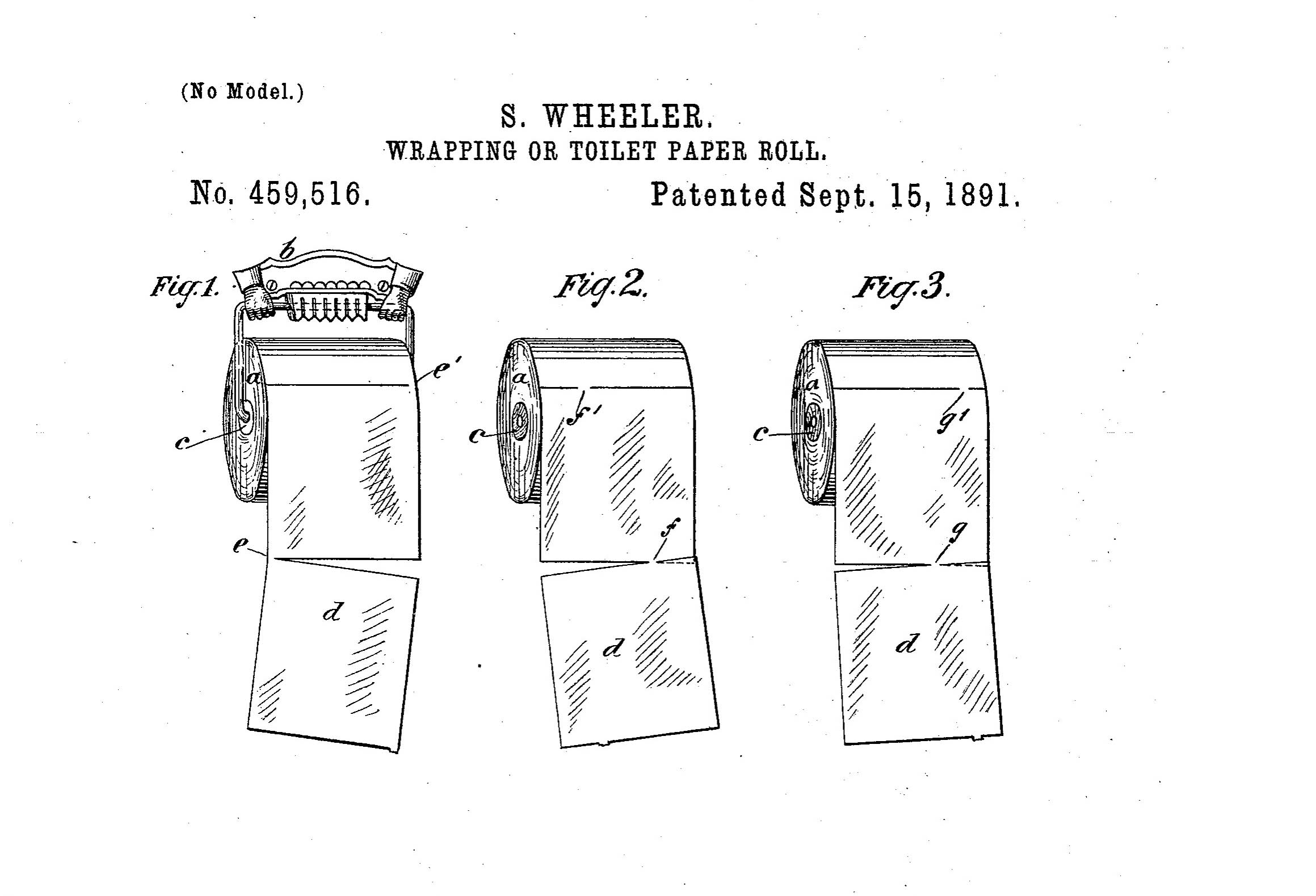The body mass index’s easy to use formula makes it useful for measuring weight across populations, as long as these measurements are calculated in the name of health and are not used to enforce strict beauty standards.
BMI can be calculated using your height and weight with the ease of an online calculator, which are provided by organizations such as the National Heart, Lung, and Blood Institute.
The calculation of your BMI is a great way to get an overall view of your health. Because of its simplistic design, it can easily be applied to research that compares data on obesity rates between different age ranges in geographical locations.
The simplicity of calculating a BMI also makes it easy for anyone to quickly assess basic information about their physical health at home without having to go to a medical professional or buy expensive equipment.
Like all simple measurements that can be conducted at home, calculating your BMI is not a substitute for the opinion of an actual medical professional, nor should it be viewed as something to be used in place of a regular checkup.
BMI measures body composition, which is the ratio between fat mass and fat-free mass on the body.
Because weight is not a direct correlation to fat, and amount of fat on one’s body is not always directly correlated to health issues, BMI measurements are more accurate when used to study the rates of obesity and malnutrition among populations.
According to a national health and nutrition examination survey by the CDC, 36 percent of adults and 17 percent of youth in the U.S. were classified as obese from 2011 to 2014. The study also found obesity is higher in women than men and higher in middle-aged and older adults than younger adults.
Health-related topics surrounding weight can be extremely touchy. Words like “fat” and “obese” are acceptable when used by doctors and medical experts to describe the condition of our physical bodies and the need to take care of them. However, these words, like any words, are completely unacceptable when used in a derogatory context.
It’s important to remember conversations about health are only productive when they center on the health risks of being overweight without being fatphobic by making the conversation about looks and sexual attraction. BMI is not a measure of attractiveness or personal value, and any narrative that paints it as such is inherently problematic and derogatory.
If an individual is uncomfortable using or calculating BMI, they should feel no obligation to use it, but they should not drop the use of the BMI scale altogether.
BMI works extremely well when used for what it’s designed for — to calculate in measure obesity and weight across large populations. When used in this way, BMI can lead to productive conversations about health while still encouraging body positivity and self-love.



